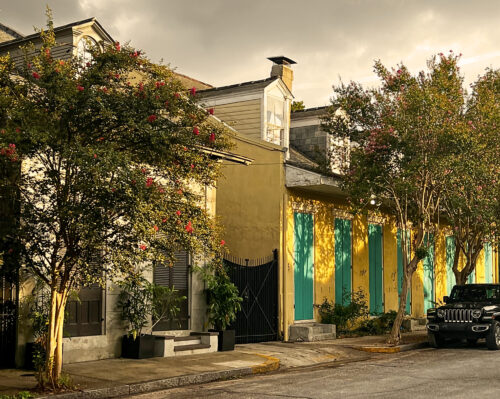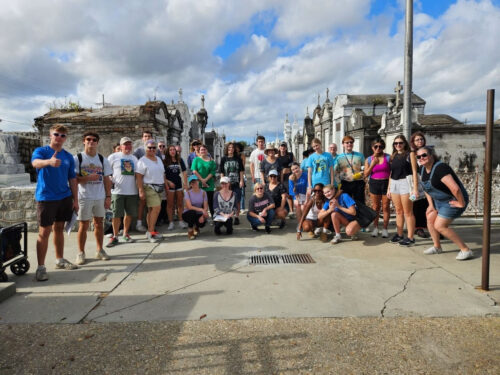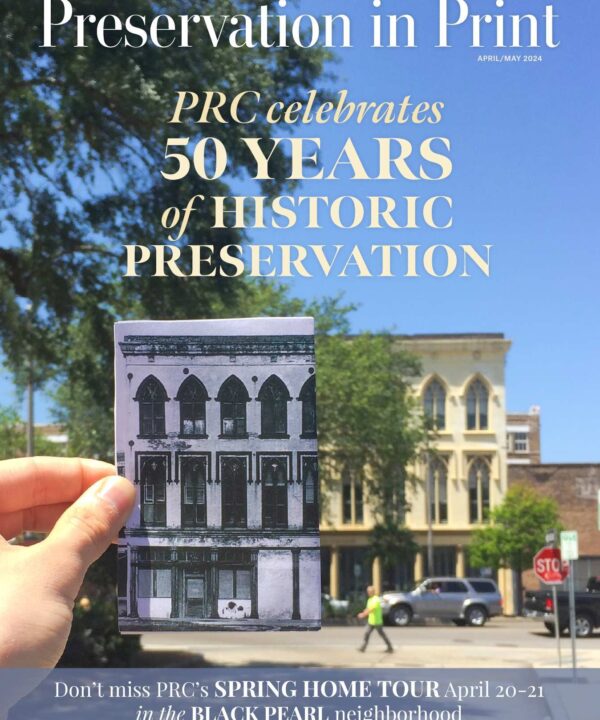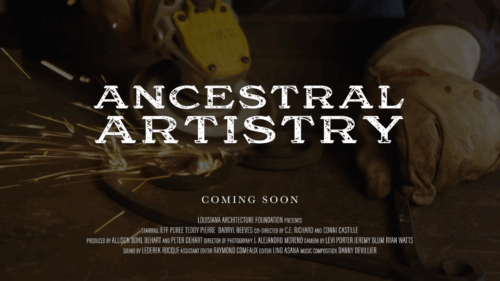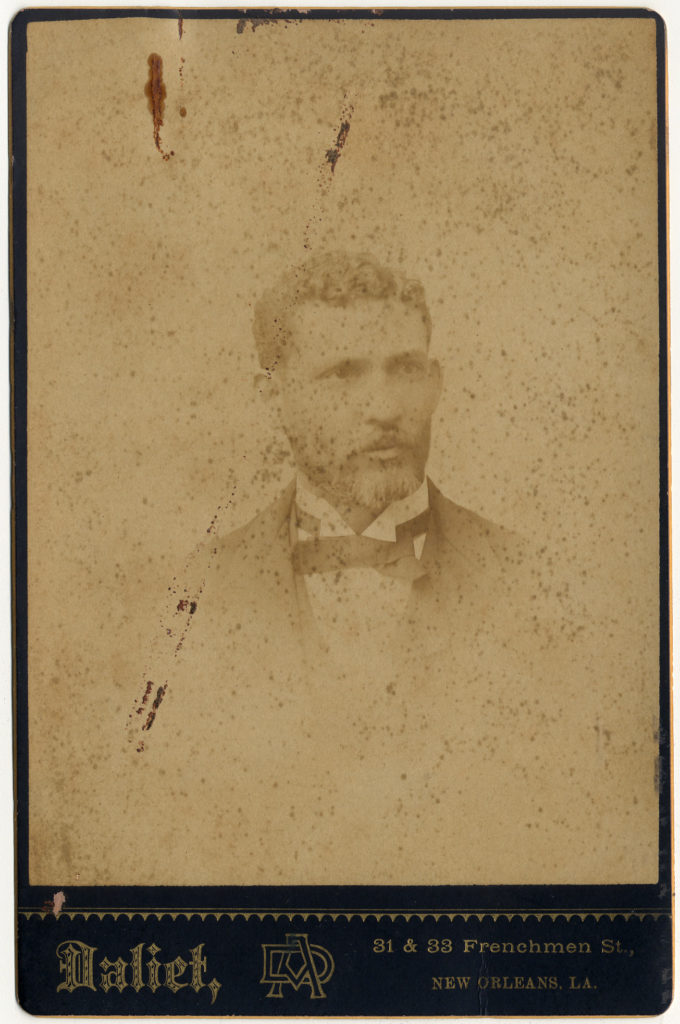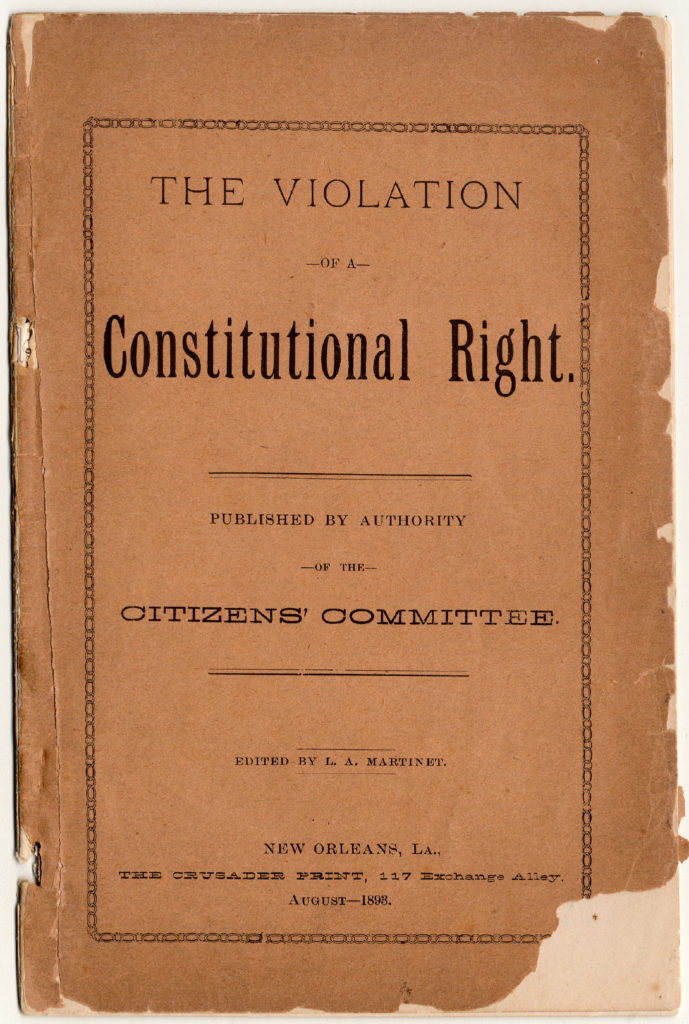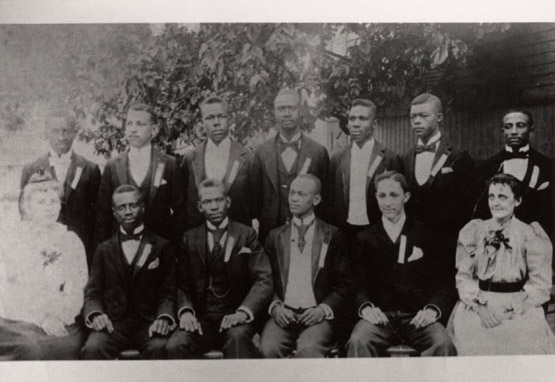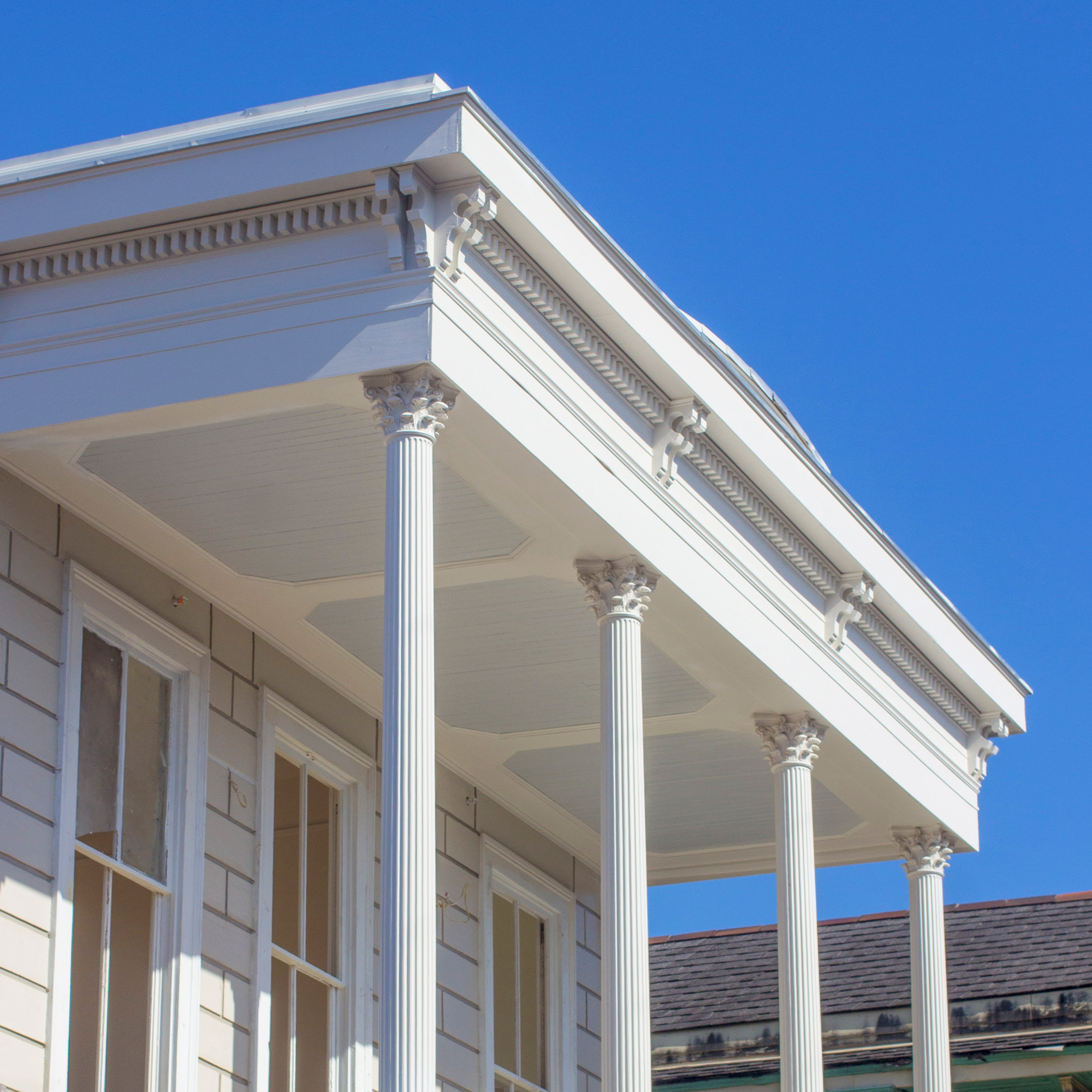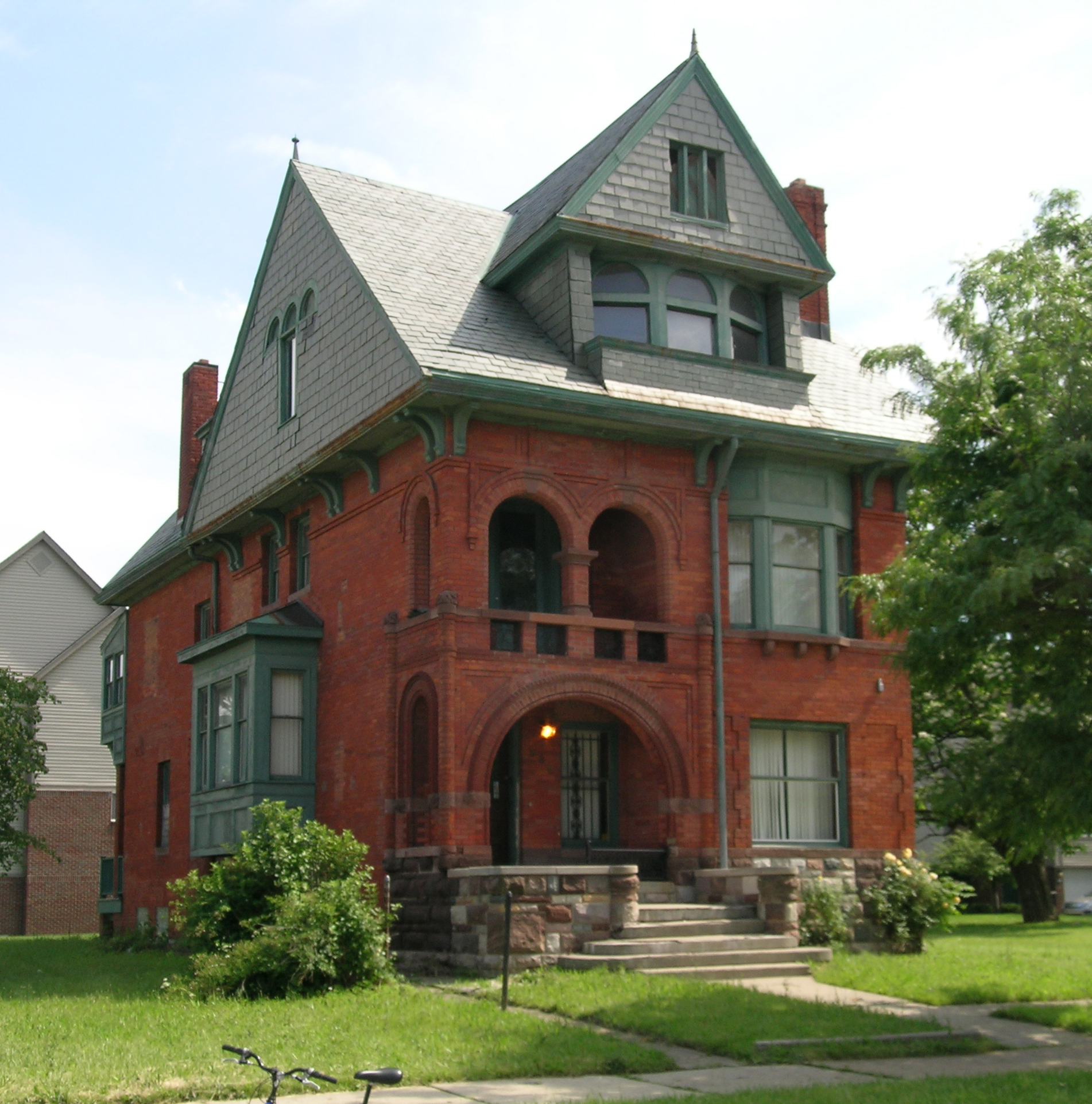Straight Up History is a digital project dedicated to documenting the history of Straight University, one of the first Historically Black Colleges in the state of Louisiana, which later became Dillard University. PRC’s Operation Comeback program is renovating the last remaining structure of the Straight University campus. Read more stories about the history of Straight University here.
Louis A. Martinet and Rudolphe L. Desdunes graduated from Straight University’s law school in 1876 and 1882, respectively. Martinet and Desdunes were founding members of the Comité des Citoyens (Citizen’s Committee) which was established in 1891 to fight against Jim Crow segregation. The group’s most famous landmark case was Plessy v. Ferguson, which challenged the 1890 Separate Car Act of Louisiana. In the opening of The Violation of a Constitutional Right, a pamphlet written in 1893 by the Citizen’s Committee about their legal work challenging the Act, Martinet wrote, “The Citizen’s Committee is a body composed of citizens of the city of New Orleans, organized September 1, 1891, to offer legal resistance to the Separate Car Law of Louisiana…Since its existence, the Citizen’s Committee has also taken part in all struggles to secure justice to the citizen, or protect him in the exercise of his right or from the enactment of unjust laws and oppressions of all sorts.”
The Committee strategically organized for Homer A. Plessy, a New Orleanian shoemaker, to purchase a first-class ticket on the East Louisiana Railroad headed for Covington, LA, and sit in a “white’s only” railway car. On June 7th, 1892, Plessy—as planned—was arrested on the corner of Royal and Press Street (which at that time was a very busy intersection) after refusing to move to the “colored” railway car. The Committee argued the law that mandated segregated railway cars on the East Louisiana Railroad violated Plessy’s constitutional rights under the Fourteenth Amendment’s Equal Protection Clause. Judge John Howard Ferguson ruled against Plessy on November 18th, 1892. The case was eventually brought to the Supreme Court in 1896, but upheld Ferguson’s initial ruling of Separate but Equal. However, this carefully orchestrated use of civil disobedience as a means to challenge segregation would eventually inspire organizers throughout the Civil Rights struggle.
Almost 60 years later, A.P. Turead discussed the reputation of Straight’s Law program in a speech at the 1953 annual convention of the National Bar Association in New Orleans. “Many graduates of the Law School of Straight College, both white and negro, became distinguished and honorable members of the Louisiana Bar,” he stated.
| Rudolphe L. Desdunes, date unknown. Photo courtesy of Amistad Research Center. | The Violation of a Constitutional Right, a pamphlet written in 1893 by the Citizen’s Committee. Photo courtesy of Amistad Research Center |
There’s still one day left to RSVP for the ribbon cutting ceremony to celebrate the nearly finished renovation of Straight University’s former boarding house and dining hall. Space is limited and RSVP required – RSVP here today!

